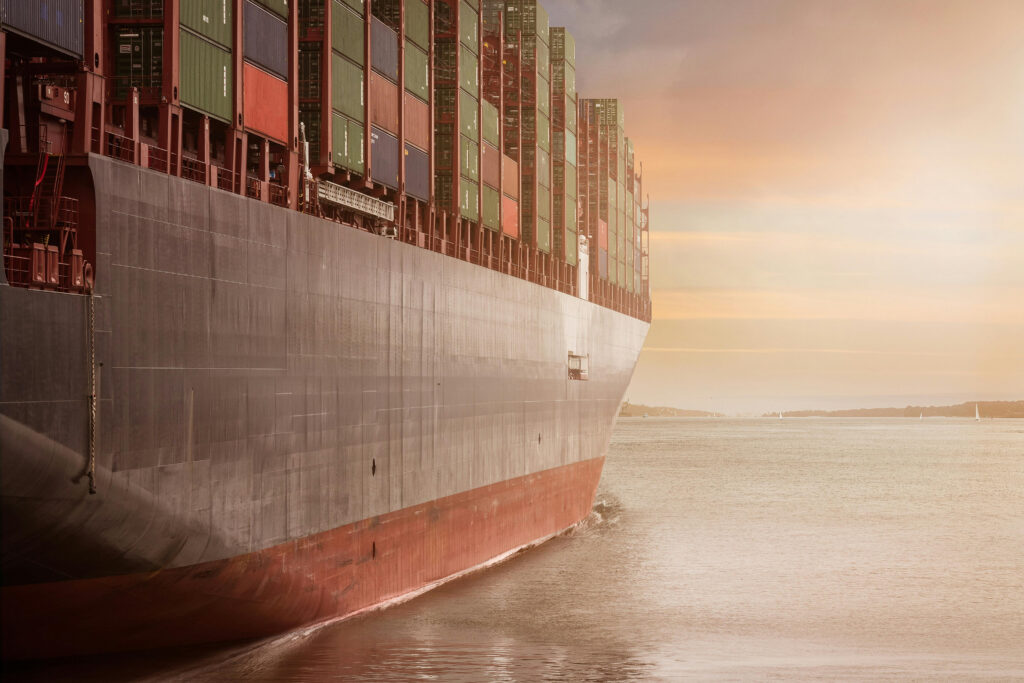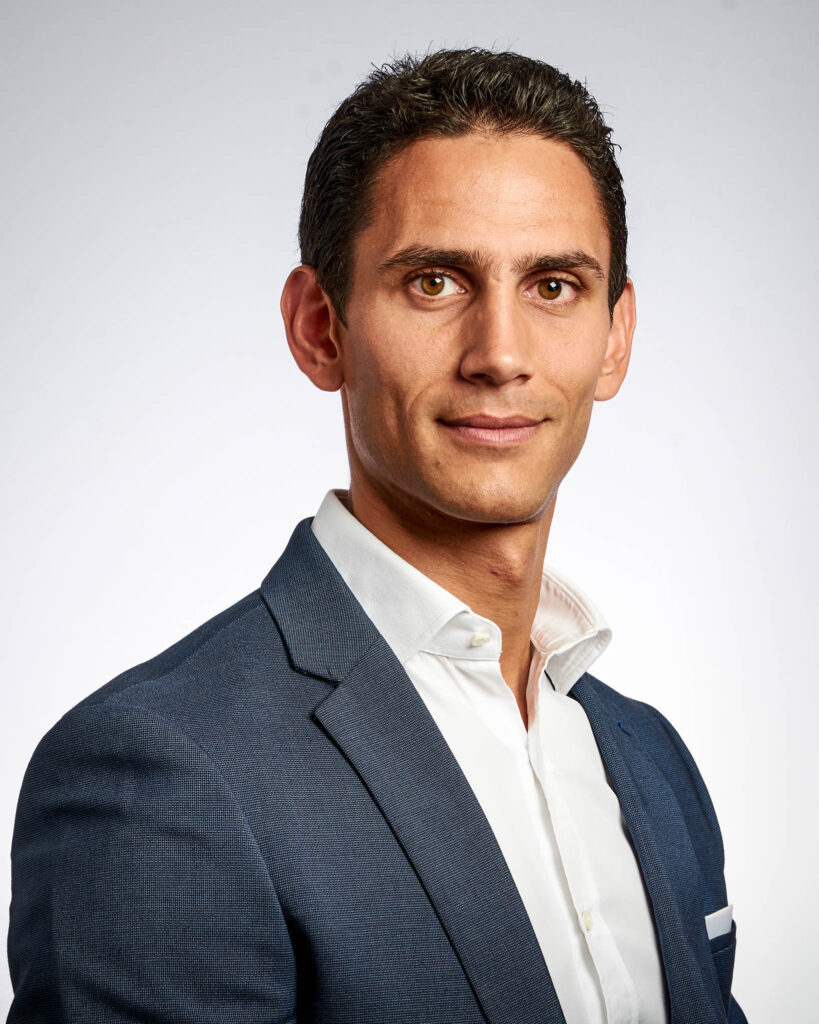The development of sustainable fuels, whether biomass-based or synthetic, is one of the major challenges of the energy transition. These fuels represent the primary decarbonisation pathway for the aviation and maritime sectors, where direct electrification via batteries will remain marginal. At the European level, new regulations such as RED III, ReFuel EU Aviation, and FuelEU Maritime set ambitious decarbonisation and development targets for sustainable fuels.
While this regulatory framework creates opportunities across the value chain and aims to provide clarity for investors, uncertainties persist regarding the development of these markets. Below, we outline key questions that E-CUBE continues to address and will closely monitor in 2025:
- What level of development can the most mature oil-based sectors with sustainable inputs achieve in the medium term? What are the opportunities for value chain stakeholders in the processing and logistics of these oils? More mature and competitive, these sectors are currently prioritised by major fuel players (particularly refiners) but face challenges in accessing complex and limited sustainable resource deposits. Their short-term development will influence the medium-term demand for other sustainable fuels.
- What strategic decisions will future major consumers, such as airlines and large shipping companies, make to meet multiple decarbonisation requirements, particularly regarding strategic choices of molecules in the maritime sector (methane, methanol, biodiesel, ammonia)? While short-term regulatory requirements still allow consumers to “delay” their strategic choices of molecules (and decarbonisation solutions more broadly), this situation will not last indefinitely. In the maritime sector, is the slowdown in momentum for e-methanol (several production projects abandoned or postponed) an early sign of a shift towards other solutions (bioLNG, biodiesel), or merely a reflection of slower-than-expected demand emergence?
- Consequently, what supply-demand balance should be anticipated by 2030 and during the 2030-2040 decade for sustainable fuels as a whole, and for RFNBOs in particular? What level of competition from imports, whether intra-European or from projects outside Europe, can be expected? And ultimately, how can local production secure its short-term development? While the ambitious level of regulatory decarbonisation targets should stimulate demand, a significant number of projects are under development in Europe and abroad (targeting Europe). This is especially true for RFNBOs (e-SAF, e-methanol, etc.), which are less competitive than biofuels and for which regulatory targets, though set to rise significantly in the medium and long term, are limited in the short term (1.2% by 2030 for kerosene). European projects will need to leverage all possible tools and advantages (optimised bioCO2 sourcing, supply chain optimisation, co-product valorisation, etc.) to secure their development, especially in the face of potentially strong competition from imports for products that, unlike hydrogen, are easily transportable.
- What risks and opportunities does the rise of sustainable fuels (and, more broadly, the energy transition) pose for fuel logistics players in Europe? The ongoing decline in fossil fuel consumption, at least in the road transport sector, which is expected to extend to other sectors, will push logistics and infrastructure players to adapt in an uncertain and complex context. Antagonistic effects could emerge locally in Europe between a gradual decline in fossil fuel demand on the one hand, and a sharp reduction in production capacities (refinery conversions or closures) and increased “bio” demand on the other. Beyond the impact on existing assets, the distribution of new sustainable fuels may require the development of ad hoc logistics chains that must be anticipated both technically and through partnerships, particularly for new entrants to these markets.
E-CUBE has developed strong expertise in sustainable fuels through its recent projects and the experience of its consultants. We would be delighted to discuss these market perspectives and opportunities with you. Feel free to contact our experts below to arrange a discussion on the topic.







